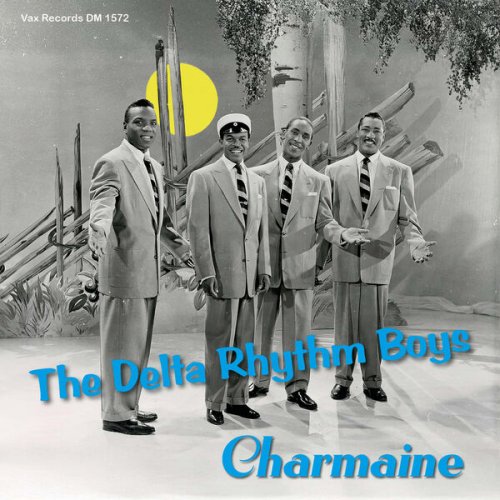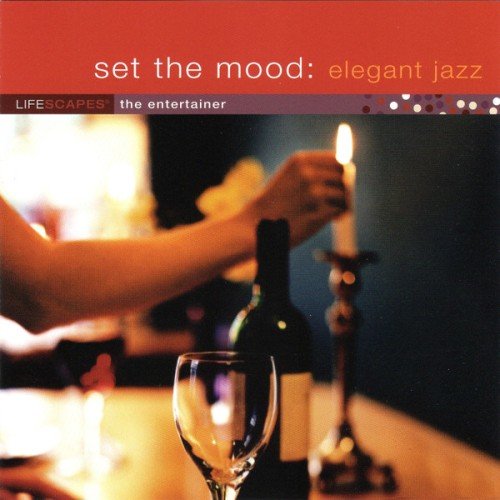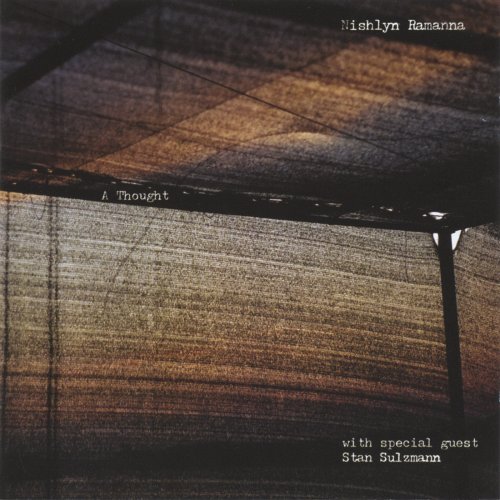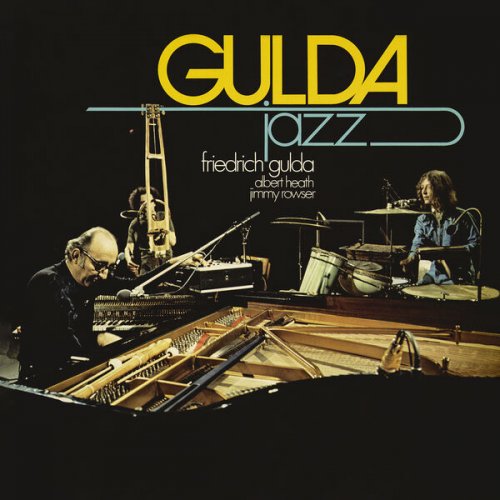Charles Wright & The Watts 103rd Street Rhythm Band - Express Yourself: The Best Of Charles Wright And The Watts 103rd Street Rhythm Band (2002)
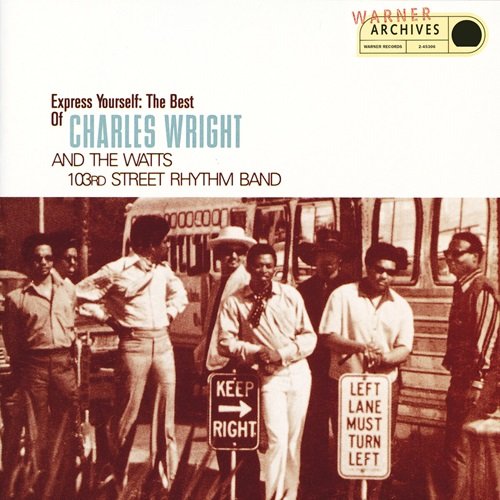
Artist: Charles Wright, The Watts 103rd Street Rhythm Band
Title: Express Yourself: The Best Of Charles Wright And The Watts 103rd Street Rhythm Band
Year Of Release: 1970/2002
Label: Warner Records
Genre: Rhythm & Blues, Soul, Funk
Quality: Flac (tracks)
Total Time: 01:03:24
Total Size: 397 Mb
WebSite: Album Preview
Tracklist:Title: Express Yourself: The Best Of Charles Wright And The Watts 103rd Street Rhythm Band
Year Of Release: 1970/2002
Label: Warner Records
Genre: Rhythm & Blues, Soul, Funk
Quality: Flac (tracks)
Total Time: 01:03:24
Total Size: 397 Mb
WebSite: Album Preview
01. Express Yourself 3:52
02. Till You Get Enough 5:09
03. The Joker (On a Trip Thru the Jungle) 3:05
04. Sweet Lorene 1:58
05. Keep Saying 3:47
06. Do Your Thing 3:30
07. Your Love (Means Everything to Me) 3:04
08. Tell Me What You Want Me to Do 5:47
09. Spreadin' Honey 2:33
10. Doin' What Comes Naturally 5:17
11. Ninety Day Cycle People 4:45
12. One Lie (Leads to Another) 5:17
13. 65 Bars and a Taste of Soul 3:24
14. I've Got Love 2:54
15. Love Land 3:05
16. Comment (If All Men Are Truly Brothers) 5:57
The son of a strict Baptist preacher, Charles Wright was one of 14 children born on a cotton farm in Clarksdale, Mississippi but moved to Los Angeles when he was 12 and it was there he heard doo-wop and R&B music for the first time.
With the guidance of singer Jesse Belvin, Wright made his first recordings in 1956 and played with groups The Twilighters, The Galahads and The Shields before working as an A&R man and forming his own band (The Wright Sounds) to play Hollywood night clubs and sessions. They were spotted by producer and record company boss Fred Smith who hired them to back up Bill Cosby on his 1967 musical comedy album 'Silver Throat', and turned them into The Watts 103rd Street Band (a name he had previously used when creating the theme tune and small novelty hit 'Spreadin' Honey' for radio DJ Magnificent Montague).
The collaboration with Cosby led to a deal with Warner Bros. for debut album 'Hot Heat and Sweet Groove', and they scored their first hit with 'Do Your Thing', a swaggering, sexy slice of early funk that marked the band apart from the more innocent, vocal pop acts of the time. With Smith moving aside, Wright took complete control of the band. The single 'Love Land' reached number 16 in the US charts, but it was the infectious, funky, strutting joy of 'Express Yourself' that became their signature anthem and was later transformed by gangsta rap legends NWA on their classic album 'Straight Outta Compton'. Later albums 'In The Jungle, Babe' and 'You're So Beautiful' were well regarded by soul fans, but band members began moving on to other projects in the early 1970s and Wright was left to continue on as a solo musician.
With the guidance of singer Jesse Belvin, Wright made his first recordings in 1956 and played with groups The Twilighters, The Galahads and The Shields before working as an A&R man and forming his own band (The Wright Sounds) to play Hollywood night clubs and sessions. They were spotted by producer and record company boss Fred Smith who hired them to back up Bill Cosby on his 1967 musical comedy album 'Silver Throat', and turned them into The Watts 103rd Street Band (a name he had previously used when creating the theme tune and small novelty hit 'Spreadin' Honey' for radio DJ Magnificent Montague).
The collaboration with Cosby led to a deal with Warner Bros. for debut album 'Hot Heat and Sweet Groove', and they scored their first hit with 'Do Your Thing', a swaggering, sexy slice of early funk that marked the band apart from the more innocent, vocal pop acts of the time. With Smith moving aside, Wright took complete control of the band. The single 'Love Land' reached number 16 in the US charts, but it was the infectious, funky, strutting joy of 'Express Yourself' that became their signature anthem and was later transformed by gangsta rap legends NWA on their classic album 'Straight Outta Compton'. Later albums 'In The Jungle, Babe' and 'You're So Beautiful' were well regarded by soul fans, but band members began moving on to other projects in the early 1970s and Wright was left to continue on as a solo musician.
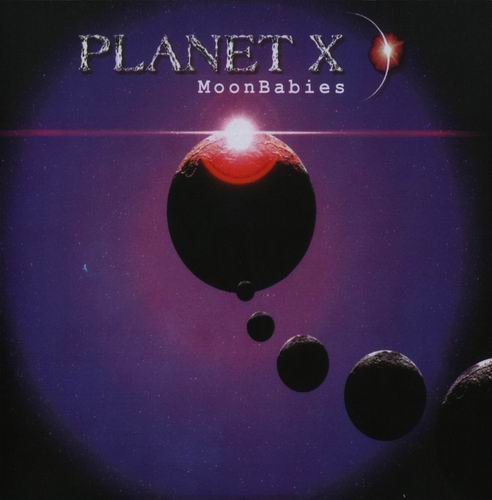
![Club Bolero, Armik - A Day in Brazil (2007) [Hi-Res] Club Bolero, Armik - A Day in Brazil (2007) [Hi-Res]](https://img.israbox.com/img/2025-12/15/5l607nskcv4xb0n237d8ngs7q.jpg)

